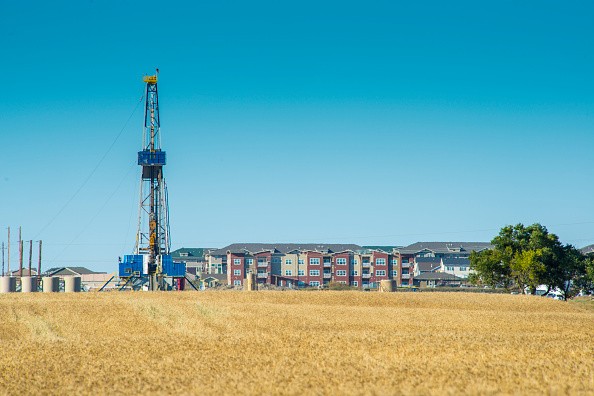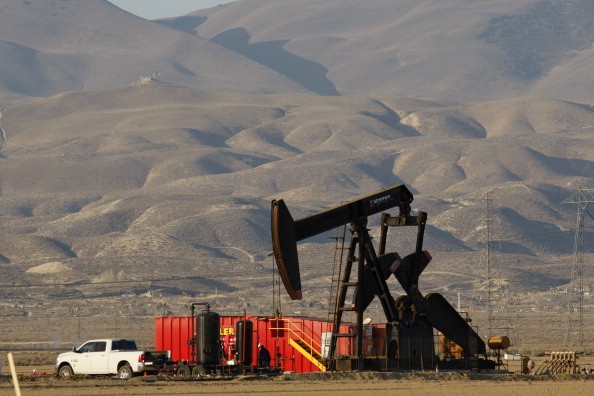Mining of shale oil and gas - the shale boom, has added to the rise in crime rates noticed in US states where 50-60% of the population inhabits rural regions. Namely: North Dakota, West Virginia, and Arkansas.

Violent Crimes in Rural U.S. States
Mainly the number of aggressive crimes has risen. Economists from Shippensburg University of Pennsylvania (USA) and Ural Federal University (UrFU, Russia) came to this conclusion. The outcomes of the research are published in The Extractive Industries and Society.
The scientists studied utilizes panel data from different sources and included all states in US from 1999 to 2015. They made some comparisons pertaining to the performance before 2007 and after 2007, when the shale boom took place.
Scientists made the dependent variable recovered from the University of Kentucky Center for Poverty Research data, Measures of Income Inequality database, State-level employment database, Annual State-Level Measures of Human Capital Attainment database, from the data of the Federal Bureau of Investigation's website.
Fracking Boom
Kazi Sohag, research co-author, assistant professor at UrFU said the analysis revealed that fracking boom states have decreased the rates of unemployment on average. Researchers suggest the outcome of this was a reduction in the number of illegal crimes against families and children, and also a decline in the number of wanderers.
However, these states are poverty-stricken, with few literate individuals, a high public sector share and a little share of the private sector. The number of robbers has increased there, and the rate of aggressive crime has risen by around 36% over the years of the shale boom. As a result of this, every state had to spend $ 15.67 million extra for victimization cost annually.
Researchers presume the rate of violent crime could have increased for several reasons. Firstly, fracking has to do with the creation of low-skilled short-term jobs. Primarily, this type of work involves men who come to get money for some time.

Burdens on Local Authorities and Law Enforcement Agencies
Unevenness in the number of women and men is capable of provoking certain kind of crimes against women on the one hand, and promote the development of a business that has to do with prostitution, bars, and drugs on the other hand, the authors of the article note.
Also, disamenities like water quality, noise, pollution, and heavy traffic extremely affect inhabitants in fracking states. This brings about tensions between local residents and short-term workers and, as a result, leads to a rise in violent crime. All these are extra burdens carried by local authorities and law enforcement agencies.
For this problem to be solved, researchers urge several tools: so that the shale industry will be made more technological and decrease human capital in it, to bolster the work of law enforcement officials.
Related Article : Fracking Does Not Contaminate Drinking Water, Yale Study Confirms
For more news, updates about fracking booms and similar topics don't forget to follow Nature World News!
© 2026 NatureWorldNews.com All rights reserved. Do not reproduce without permission.





